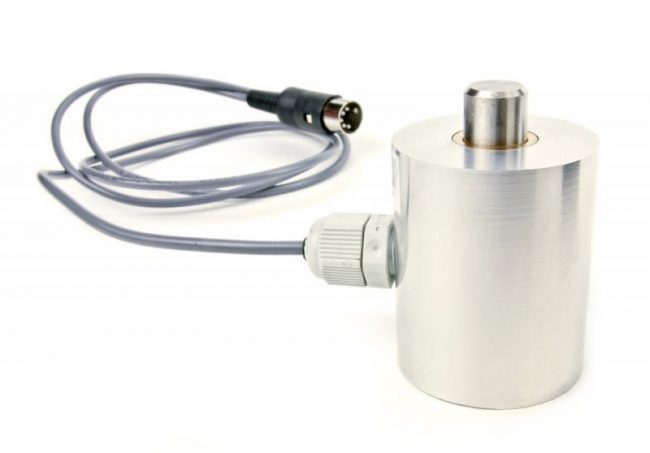As part of his responsibilities, DASL researcher Roy (R.J.) Gross is helping groom future roboticists in a multi-disciplinary curriculum with the help of a Tormach PCNC 1100.
“I’m now the TA for the Tormach Training Class that’s geared toward our PCNC 1100 machine that we’ve used for a few years. I’ve learned it and feel I’m pretty good at it,” Gross explained. “For the last four years I’ve been teaching an internal, non-credited class over the summer. We get new freshmen students who have their summer break off and they come in and work in the lab and we offer a series of courses in electronics, programming and the big one is the CAD/CAM and CNC. We teach Autodesk Inventor, AutoCAD, and MasterCAM as well as how to run the Tormach PCNC mill and machine things in relation to that. And I go straight from the basics. I teach G-code all the way up from machining practice, fixturing, and manufacturing practices.”
By the end of the course, the undergraduate students have been exposed to CNC Manufacturing, C Programming, and Microcontrollers. Their final project consists of building a robot to navigate around a maze. In addition to his teaching, Gross is responsible for manufacturing, onsite at Drexel, a complete version of the Hubo+ autonomous humanoid robot originally designed and manufactured by the Korean Advanced Institute for Science and Technology (KAIST).
The Hubo+ humanoid is at the core of several National Science Foundation grants awarded to Drexel, including a Partnership for International Research and Education (PIRE) grant and a Major Research Instrumentation (MRI) project. Additionally, a team formed around the Drexel-KAIST partnership (and the Hubo platform) is one of only six hardware teams selected to compete in the DARPA Robotics Challenge, representing the state of the art in humanoid robotics.
"My full-time job at Drexel is machining a complete Hubo+ on the Tormach mill. Outside of maybe 10% of the turned parts that I have to get fabbed outside, every single component so far is machined on the PCNC 1100," Gross said.
He estimates the part count somewhere between 300 and 400 components. DASL’s Hubo+ project is focused on making the technology more accessible to researchers around the world (in large part by reducing the acquisition costs for the robot’s components).
“From our partners in Korea, we can buy the robots, but it’s expensive. And it’s not like you can go out and download the plans. So, we said, ‘Hey, we’re going to use this as a teaching experience.’ I train the students to use a CNC, but not just to cut a random block. I can say, ‘Here, learn how to cut humanoid parts. Learn how that works.’”
In addition to using the project as a training experience, Gross said part of the projects’ claim to fame is adding a “Made in the USA” stamp of approval. Partnering with five DASL and Drexel alumni to form Carbide Labs—an engineering and consulting group that specializes in mechanical design, software development, and process refinement—Gross spends his free time working on new product development.
The first product for sale at Carbide Labs is a low-cost tool setter for tool height measurement in CNC machines, including the Tormach mill. Marketed as the TSR-1 Toolsetter, the product is the result of two years of prototyping and R&D by Gross and his colleagues. Setting tool heights and Z-work offsets in a single touch, Gross added, “It’s perfect for the guy who wants accuracy in a product that won’t break the bank. We’ve been testing the product at Drexel for the past six months. It’s been one tool that my students have learned to use in the Tormach. If I took it away from them they would hate me.”
RJ Gross and Bob Sherbert, sit down and talk with Tormach on the the exciting humanoid projects at Drexel University and the founding of their company, Carbide Labs; where they do consulting work and training on the Tormach PCNC.


